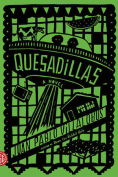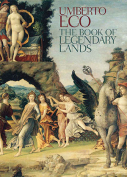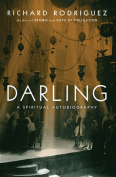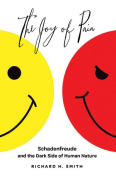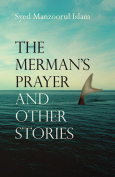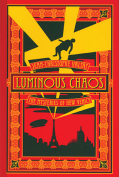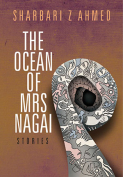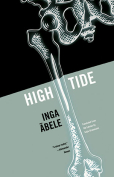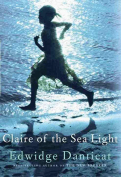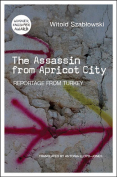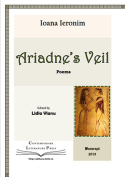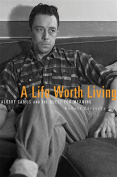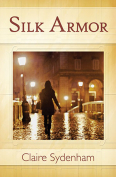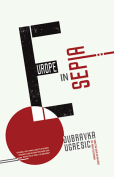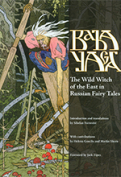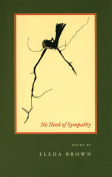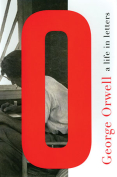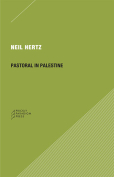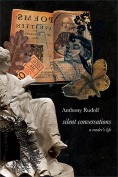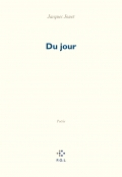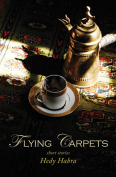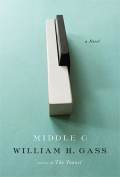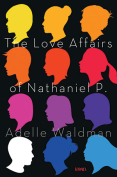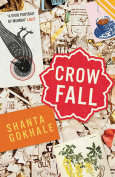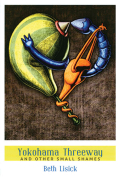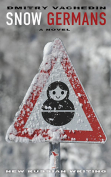Darling: A Spiritual Autobiography by Richard Rodriguez
New York. Viking. 2013. ISBN 9780670025305
 Good essayists make us reflect on the world that we presume to know. Their ideas, often controversial, remind us that life is full of mystery, wonder, and change. Like the great essayists Octavio Paz and Edward Said, Richard Rodriguez writes from a perspective that is simultaneously grounded in place but with a worldly sense of history. Darling: A Spiritual Autobiography, Rodriguez’s fourth book, examines the connection between the Abrahamic desert religions and post–9/11 religious thought and the related “desertification” of society.
Good essayists make us reflect on the world that we presume to know. Their ideas, often controversial, remind us that life is full of mystery, wonder, and change. Like the great essayists Octavio Paz and Edward Said, Richard Rodriguez writes from a perspective that is simultaneously grounded in place but with a worldly sense of history. Darling: A Spiritual Autobiography, Rodriguez’s fourth book, examines the connection between the Abrahamic desert religions and post–9/11 religious thought and the related “desertification” of society.
The opening chapter, “Ojalá,” teaches us that the Moors and Allah—the Muslim interpretation of the same God that Christians and Jews worship—are not far removed from the Spanish memory and bloodline and, subsequently, Mexico, Mexican America, and the Americas. Rodriguez also reminds us that Muslims, Christians, and Jews share the same physical and cultural origins since “all three desert religions claim Abraham as father.” As Rodriguez points out: “The Lord, however, had not chosen the people for the sake of the Place, but the Place for the sake of the people” (2 Maccabees). This is why Rodriguez returns to the Holy Land, the original ground zero, to make sense of our connected spiritual being, because place matters.
Understanding place is key to deconstructing the complex relationships that bind the three desert religions and peoples. Rodriguez illuminates this point throughout the book with real and metaphorical examples. The Muslim desert did not remain in the Middle East; it came to the Americas and US popular culture in the form of Oriental-themed theaters such as the Alcazar, the Granada, and the Alhambra of Rodriguez’s youth. It was there he would watch and learn about the Orient, the Middle Eastern desert, and Mecca in such films as Lawrence of Arabia. Those theaters are now mostly memories, and, like their demolition, our sense of place has since faded away.
Rodriguez astutely notes that many people today elect to be cremated when planning for the end of their life. No cemetery, no ties to the land, no place to visit them when they’re gone—just ashes blown into a body of water that washes them away. He laments the slow dissolution of newspapers over the last decade and the desertification of place and community. Yes, there are conglomerate media outlets that provide news 24/7, but these are not local journalists whose readership shares the same sense of community. He proclaims his disappointment in California’s evolution from towns and neighborhoods into a state of hyphenated voices. Paradise, even if imagined, is now just a traffic jam.
Darling is more than a book about the desert and religion. It’s about us, our lives, and how we have deserted humanity. Our original punishment for self-indulgence was banishment from the Garden of Eden, and our reward for faith—in that it ever existed—is hidden from even the most steadfast believer. Rodriguez, a lifelong Catholic, prefers it that way. (Editorial note: Turn to page 14 to read Herrera’s interview with Rodriguez.)
Spencer R. Herrera
New Mexico State University
